7 GPTs for Legacy Refactoring Powered by AI for Free of 2025
AI GPTs for Legacy Refactoring refers to specialized tools that employ Generative Pre-trained Transformers (GPTs) technology to aid in the modernization and optimization of legacy codebases. These tools are designed to understand, interpret, and transform outdated or less efficient code into modern, optimized versions, leveraging AI to automate and enhance the refactoring process. By doing so, they provide tailored solutions that help bridge the gap between old systems and new technological standards, ensuring that legacy systems can continue to be valuable assets in a fast-evolving digital world.
Top 7 GPTs for Legacy Refactoring are: Domain Driven Design Architect,Code Refactoring Assistant,OmniDev Quantum Mentor,Code Review Master,Merlin,Senior developer,Kotlin Supercharged ⚡️
Domain Driven Design Architect
AI-driven architecture for complex domains
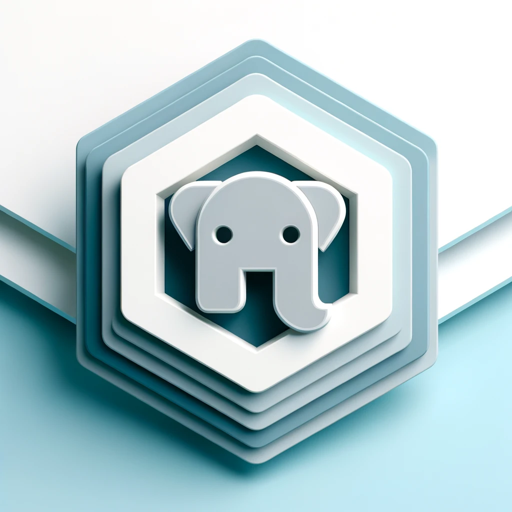
Code Refactoring Assistant
Elevate your code with AI-powered refactoring

OmniDev Quantum Mentor
Empowering Developers with AI-Driven Insights

Code Review Master
Empowering developers with AI-powered code analysis
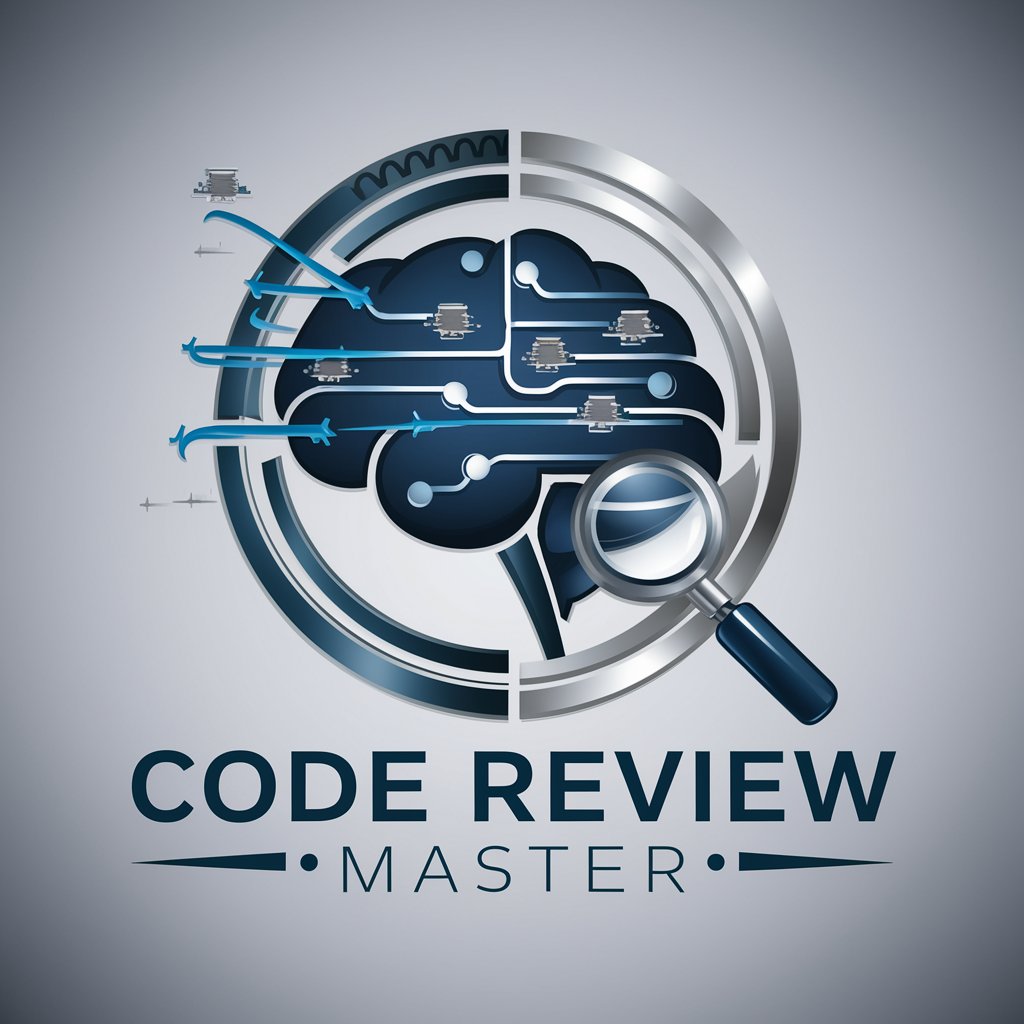
Merlin
Elevate Your C++ with AI Expertise
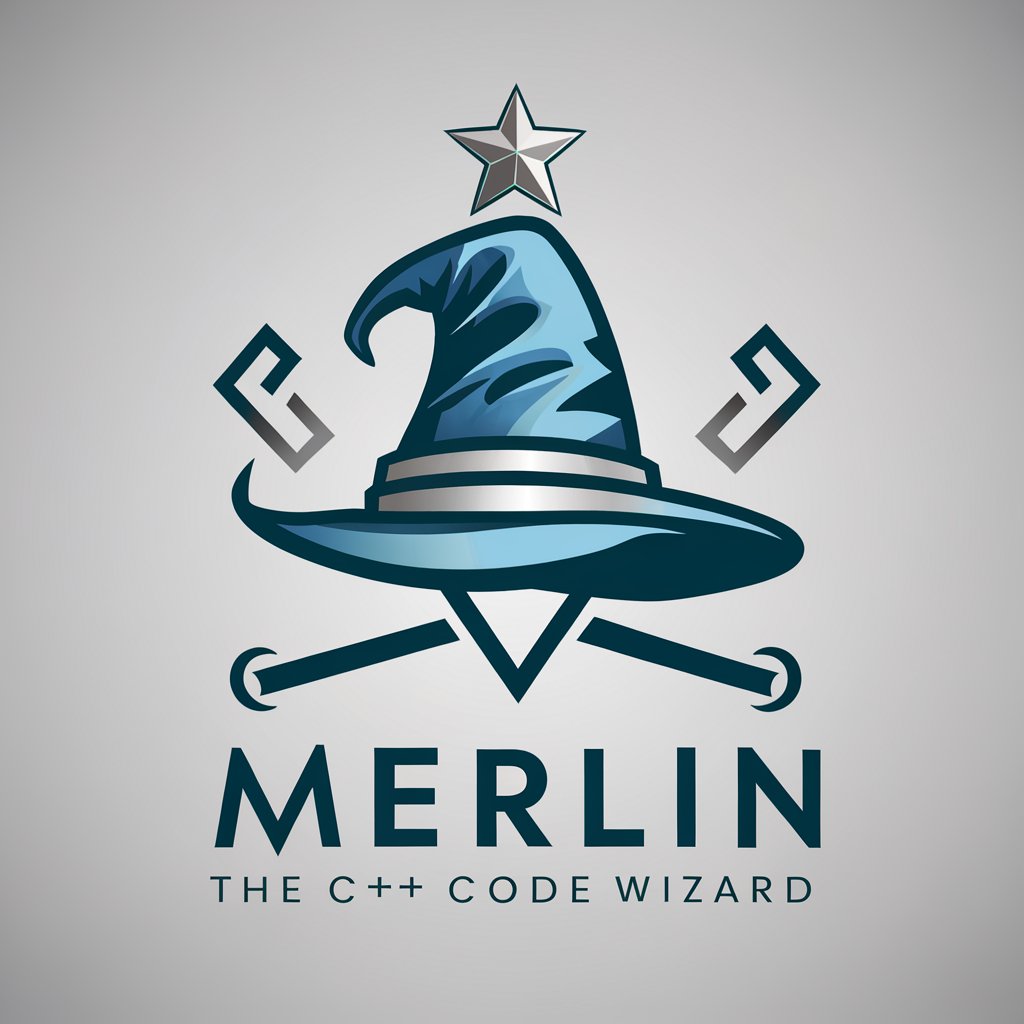
Senior developer
Elevate your code with AI-driven insights.
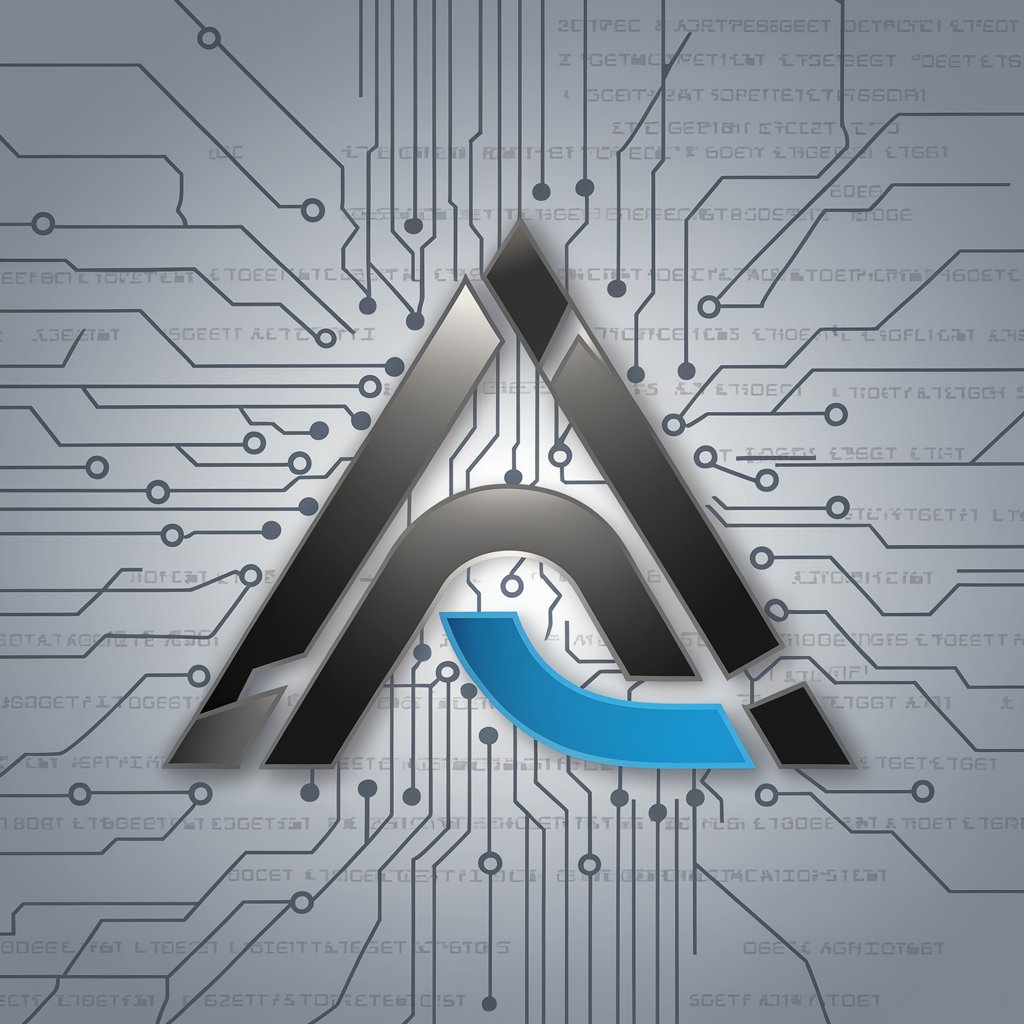
Kotlin Supercharged ⚡️
Elevate your Kotlin code with AI power
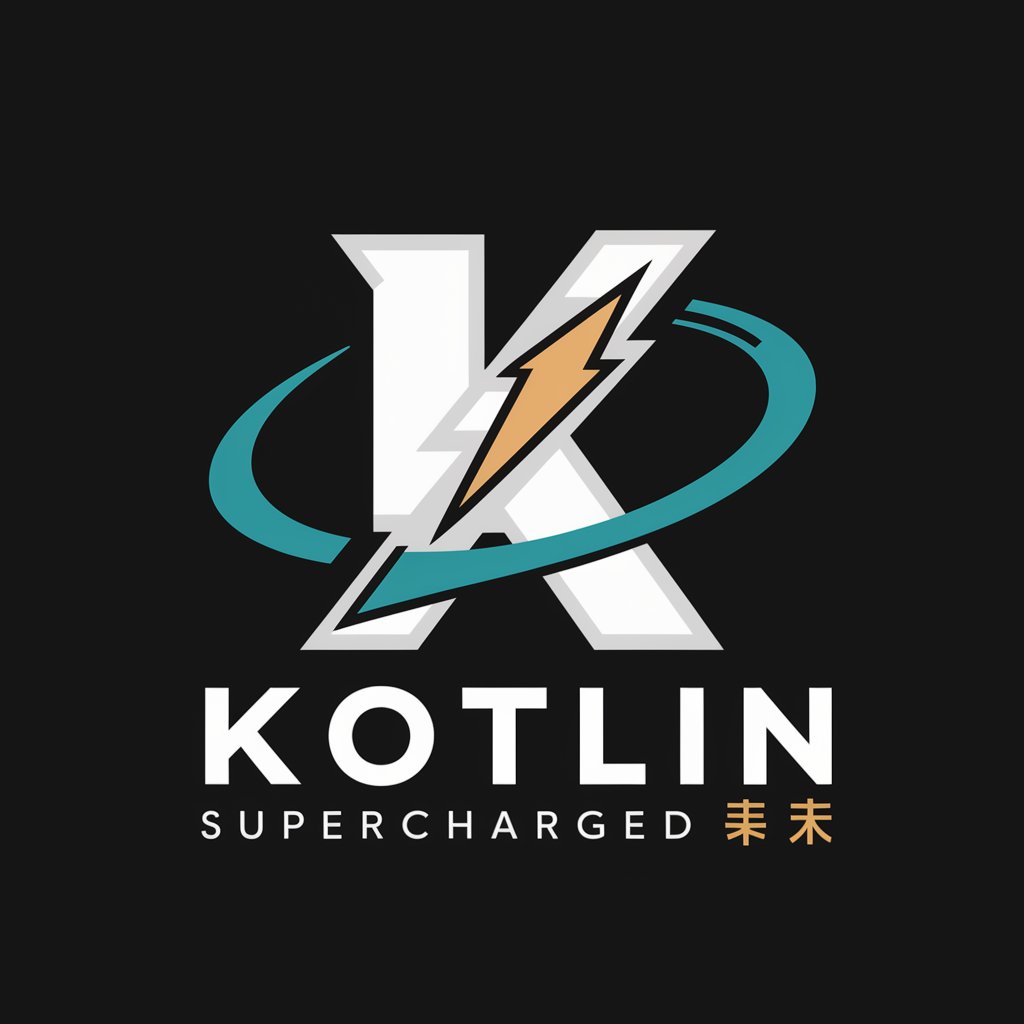
Key Attributes and Capabilities
AI GPTs for Legacy Refactoring are equipped with a variety of unique features that make them invaluable for code modernization efforts. They offer natural language understanding to interpret legacy code and comments, facilitating easier maintenance and upgrades. These tools can adapt to different coding languages and frameworks, supporting a wide range of legacy systems. Advanced features include automatic code suggestions, error detection, and correction, as well as the ability to generate documentation. Their adaptability extends from simple code modifications to comprehensive system overhauls, catering to both minor adjustments and significant refactoring projects.
Who Benefits from Legacy Refactoring Tools
AI GPTs for Legacy Refactoring cater to a diverse audience, including developers, IT professionals, and businesses reliant on legacy systems. Novices can leverage these tools to gain insights into the complexities of legacy code, while experienced developers can significantly speed up the refactoring process. Additionally, organizations looking to update their IT infrastructure without extensive manual coding efforts will find these tools particularly beneficial. The tools offer varying levels of customization, allowing users with different expertise levels to tailor the solutions to their specific needs.
Try Our other AI GPTs tools for Free
Operational Briefing
Discover how AI GPTs revolutionize Operational Briefing, offering real-time insights, adaptable features, and strategic support for professionals.
Company Incorporation
Discover how AI GPT tools simplify company incorporation with tailored advice, document drafting, and compliance support, making business formation accessible for all.
Business Licensing
Discover how AI GPTs for Business Licensing can transform your approach to managing licenses with advanced automation, ensuring efficiency and compliance.
High School Baseball
Explore AI GPTs tailored for High School Baseball, enhancing strategies, analytics, and player development with cutting-edge technology.
VC Preparation
Unlock the potential of venture capital preparation with AI GPTs. Tailored solutions for market analysis, investment insights, and pitch deck creation at your fingertips.
Parts Estimation
Discover the precision of AI GPTs for Parts Estimation, offering tailored solutions for accurate parts management and prediction in various industries.
Enhanced Solutions for Various Sectors
AI GPTs for Legacy Refactoring are not only transforming how legacy code is approached but also offering sector-specific solutions that address unique challenges. Whether it's financial systems, government databases, or healthcare applications, these tools provide the means to modernize effectively. Their user-friendly interfaces and the potential for integration into existing workflows make them an appealing option for organizations aiming to maintain the competitiveness and functionality of their IT assets.
Frequently Asked Questions
What is Legacy Refactoring?
Legacy refactoring involves updating and improving older software code to meet current standards of efficiency, security, and technology without changing its functionality.
How do AI GPTs facilitate Legacy Refactoring?
AI GPTs automate the process of understanding, interpreting, and transforming legacy code into a modern format, making the refactoring process faster, more accurate, and less labor-intensive.
Can these tools work with any programming language?
Yes, most AI GPTs for Legacy Refactoring are designed to support multiple programming languages, making them versatile tools for a wide range of legacy systems.
Do I need coding skills to use these tools?
Basic understanding of the codebase and its language is beneficial, but many tools are designed to be accessible even to those with minimal coding experience.
How do these tools handle complex legacy systems?
They use advanced AI algorithms to analyze and understand complex code structures, allowing for efficient refactoring even in complicated legacy systems.
Can these tools integrate with existing development workflows?
Yes, many AI GPTs for Legacy Refactoring are designed to seamlessly integrate with existing development tools and workflows, enhancing productivity without disrupting current processes.
Are there customization options for experienced developers?
Absolutely. These tools often provide advanced settings and customization options, allowing experienced developers to tailor the refactoring process to meet specific project needs.
What is the impact of using AI GPTs on legacy refactoring?
Using AI GPTs for legacy refactoring can significantly reduce the time and effort required for code modernization, increase accuracy in code transformation, and extend the life of valuable legacy systems.